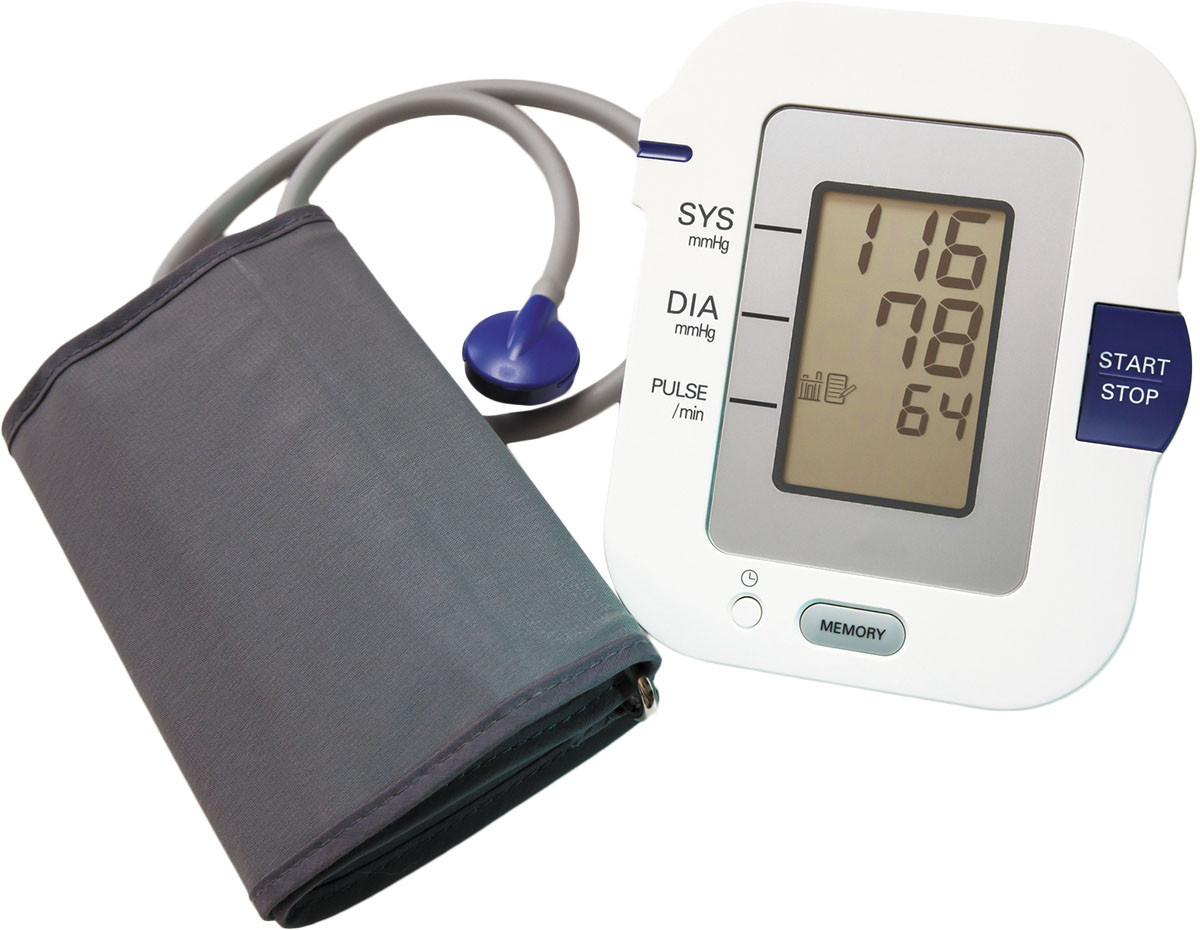
New thinking about plaque in arteries that feed the brain

Want to prevent shifting teeth? Maybe you need retainers

New evidence that polyphenol-rich foods help the heart

What you need to know about the new dietary guidelines

Food that’s healthier for people and planet can be cheaper, too

What are somatic workouts?

How to curb your stress eating

8 simple ways to reduce ultra-processed foods in your diet

How to spot Parkinson’s disease symptoms

Heart failure symptoms in women: How they’re different
Staying Healthy Archive
Articles
Rising up from a fall
Older adults need to safely be able to sit and rise from the ground whether kneeling in the garden, looking for something under the bed, or playing on the floor with the grandkids. This movement is also helpful when getting up after a fall. Three exercises that can help older adults with daily up-and-down mobility are kneel-to-stand, crawling, and sit-to-stand.
How to avoid this common pickleball injury
Pickleball elbow is a type of tendinitis called lateral epicondylitis. The injury can result from gripping a pickleball paddle tightly for long periods or repeatedly twisting and turning the wrist while preparing to hit the ball. To avoid pickleball elbow, doctors recommend that players improve their muscle strength, use a paddle with the right grip size, build time on the court gradually, warm up their muscles before playing, stretch muscles afterward, ice their elbows after playing, and get guidance to hone their pickleball technique.
Is your home blood pressure monitor accurate?
Many home blood pressure monitors are not validated for accuracy, which means there's no way to know if information they provide is correct. Relying on inaccurate measurements can affect decisions people make about medical treatment. Fortunately, reliable organizations have developed lists of blood pressure monitors that have demonstrated clinical accuracy. If a blood pressure monitor isn't listed, it's probably not validated.
Men, women, and red meat risk: Maybe both sexes should put down the burger
A 2023 review of 70 studies found that both unprocessed and processed red meat are linked to higher risks of cardiovascular disease and diabetes, with no apparent difference in risk between men and women.
3 group housing trends for the 60 and older set
Three group housing trends can help ward off loneliness and isolation in older age. One trend is specialized communities, which are private mini-neighborhoods that promote shared activities, involvement with neighbors, and sometimes shared goals (such as providing stable lives for foster children). The communities are run by the people who live there or by nonprofit organizations. Another trend is home sharing—taking on a boarder or sharing a home with friends. A third trend is residential care homes, which are small assisted living facilities in private homes licensed by the state.
Will a multivitamin help my brain?
Increasing evidence suggests that people who take a daily multivitamin pill have a lower risk of cognitive decline compared with people who don't take multivitamins. In particular, two randomized controlled trials published in the spring of 2023 found that people older than age 60 who take a multivitamin are less likely to experience a slight age-related cognitive decline, at least over the next three years, compared to those taking a placebo. The benefit appeared to be particularly true for people who had cardiovascular disease.
Can apple cider vinegar curb appetite?
Drinking apple cider vinegar before bedtime isn't proven to curb appetite or promote weight loss. Doing so can also lead to heartburn or reflux and erode tooth enamel. To consume it more safely, people can blend apple cider vinegar with water or into salad dressings.
Quick fixes to keep you from falling
About half of all falls take place in the home. To prevent them, it helps to eliminate fall hazards in every room of the home, such as floor clutter and throw rugs.
Monitoring blood pressure at home? Make sure you follow these steps
Your doctor may ask you to track your blood pressure at home to help decide if you need to start taking medication or to track your response to treatment. Here's how to get accurate readings.

New thinking about plaque in arteries that feed the brain

Want to prevent shifting teeth? Maybe you need retainers

New evidence that polyphenol-rich foods help the heart

What you need to know about the new dietary guidelines

Food that’s healthier for people and planet can be cheaper, too

What are somatic workouts?

How to curb your stress eating

8 simple ways to reduce ultra-processed foods in your diet

How to spot Parkinson’s disease symptoms

Heart failure symptoms in women: How they’re different
Free Healthbeat Signup
Get the latest in health news delivered to your inbox!
Sign Up











